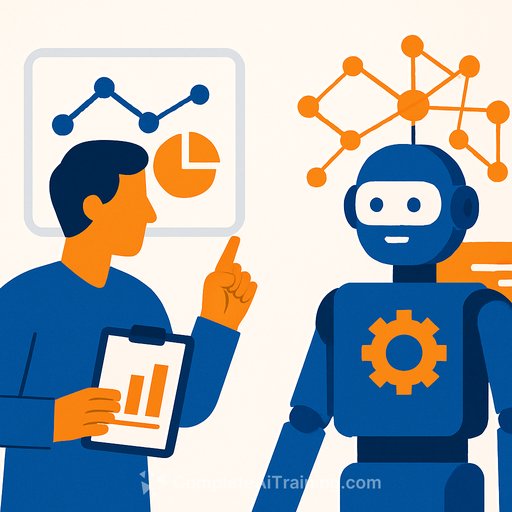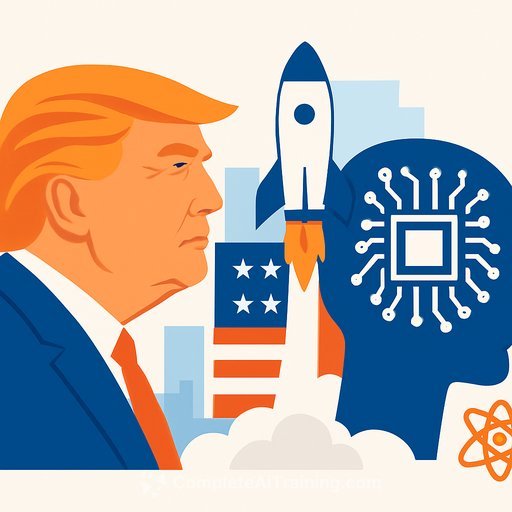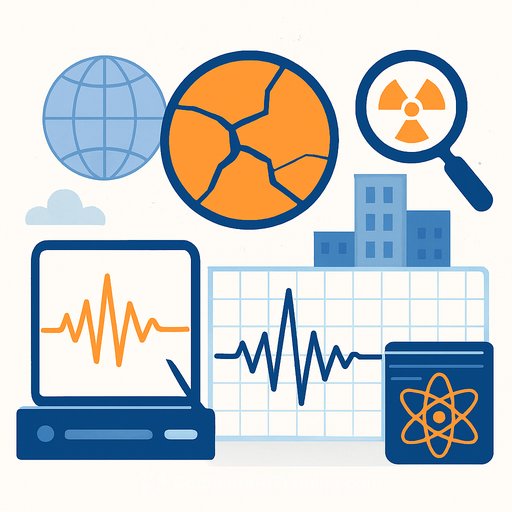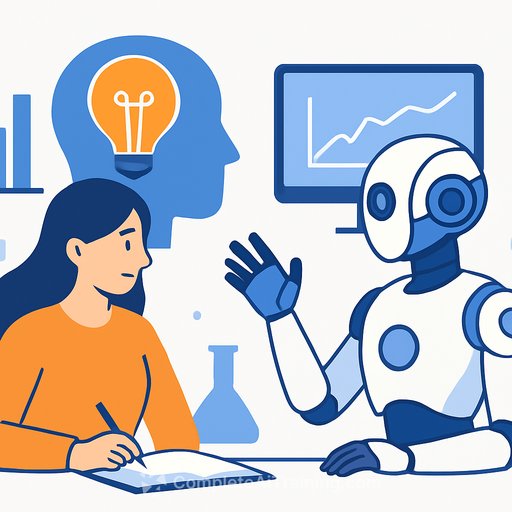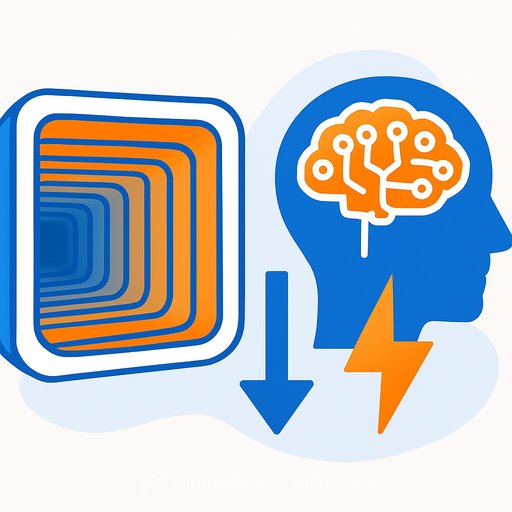Data Scientists on AI’s Chopping Block? Microsoft Research Sounds a Career Alarm
Once the crown jewel of tech careers, data science now faces a major shift. Microsoft Research’s analysis of Bing Copilot usage reveals that generative AI is automating many core data science tasks previously thought to require human expertise. The role isn’t disappearing, but its focus is changing—less on coding models and more on strategic oversight, domain knowledge, and AI governance.
For years, data scientists held a position of high demand and respect, managing complex datasets and building predictive models. But Microsoft’s study of over 200,000 Bing Copilot interactions highlights a stark reality: data science tasks such as feature engineering, predictive modeling, and analytics are increasingly handled by AI-powered tools in minutes rather than weeks. This automation is commoditizing skills that were once specialized.
Not Extinction, but Demotion: The Looming Skills Shift
The study doesn’t predict the death of data science but outlines a future where routine number-crunching is fully automated. Human roles will shift toward supervising AI, ensuring ethical standards, and translating AI insights into business strategy. Job listings are reflecting this trend, favoring candidates with skills in AI interpretability, ethics, and cross-functional leadership over those focused solely on technical model-building.
Data scientists will need to become curators and governors of AI systems instead of hands-on coders. The emphasis is moving away from crafting every line of code toward managing AI workflows and ensuring their responsible use.
The Harsh Career Reality for Students
Students focusing exclusively on coding and low-level modeling face a challenging future. Entry-level data science roles involving data cleaning and basic modeling are most vulnerable to automation. Senior roles remain but require years of building domain expertise, leadership, and ethical insight—skills AI cannot replicate.
Specialized data science skills tied to industries like finance, biotech, or climate science will remain in demand. Generalist data science roles risk becoming obsolete as AI takes over routine tasks.
How to Outsmart the Machine: A Career Survival Plan
The message is clear: future data scientists must stop competing with AI and start commanding it. This means learning how to design AI workflows and mastering skills like prompt engineering, AI governance, explainability, and bias mitigation.
- Pair data science expertise with a domain specialty such as healthcare analytics or energy markets.
- Focus on skills that AI cannot replicate easily: strategic decision-making, storytelling with data, and leading cross-disciplinary teams.
- Reskill regularly, expecting to pivot every few years as the technology landscape evolves.
- Consider certifications in AI ethics, advanced ML operations, or policy-tech intersections to stay competitive.
For those looking to adapt and thrive, exploring specialized AI certifications and courses can provide the edge needed to transition from code executor to AI strategist.
The data science profession is not ending—it is transforming. Success will favor those who integrate AI as a tool, build domain-specific insights, and lead the ethical governance of automated systems.
Your membership also unlocks:

